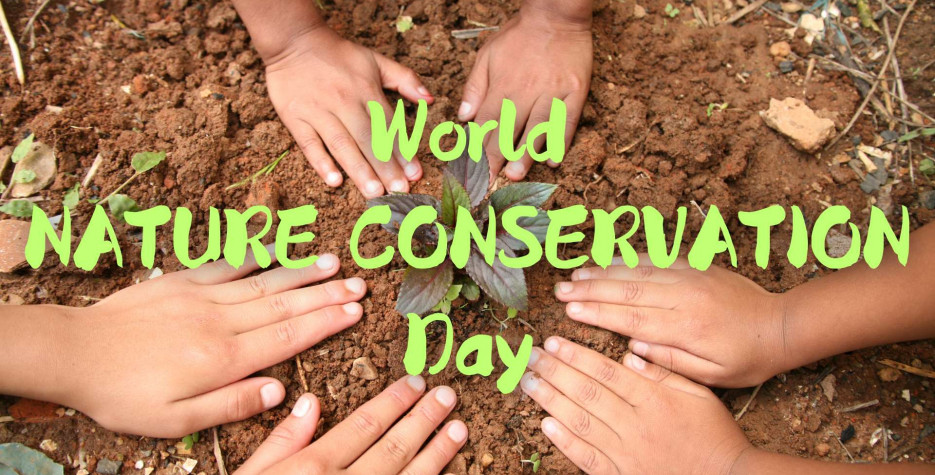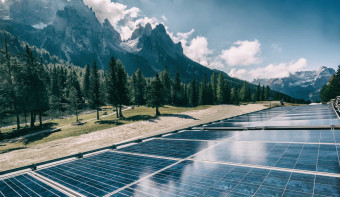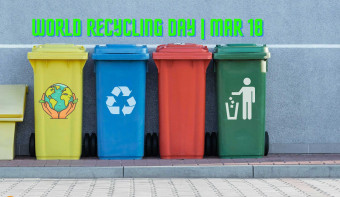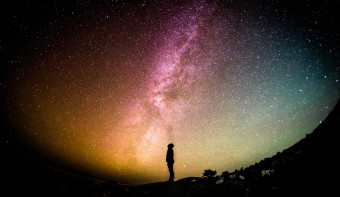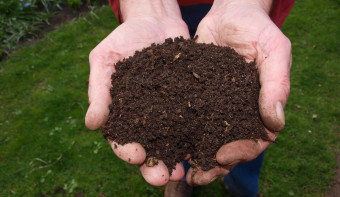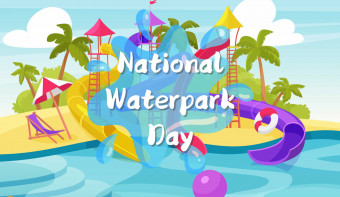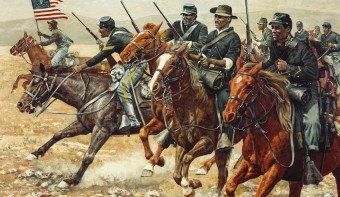About World Nature Conservation Day
World Nature Conservation Day is observed each year on July 28th. It highlights the importance of preserving our natural environment, promoting rational use of resources, and protecting biodiversity.
History and Origins of World Nature Conservation Day
This observance emerged from growing global awareness of environmental risks in the late 1990s. The International Union for Conservation of Nature (IUCN) formally declared July 28th as World Nature Conservation Day to raise awareness about human impact on nature and encourage protective practices.
The day connects back to the landmark UN Stockholm Conference on the Human Environment held in June 1972. That gathering ushered in a new era of international efforts on environmental cooperation and sustainable development. At Stockholm, key agreements, including the 1972 World Heritage Convention, first linked nature conservation with cultural heritage planning and established modern conservation policy foundations UNESCO World Heritage Centre.
Main Goals of World Nature Conservation Day
The core aim of World Nature Conservation Day is to focus public attention on our need for a careful attitude toward the environment. It encourages:
Preservation of forests, freshwater reservoirs, wildlife and ecosystems
Rational, sustainable use of natural resources
Conscious consumption to reduce ecological harm
Protection of global biodiversity and ecological balance
Why World Nature Conservation Day Matters
Healthy natural systems are vital for clean air and water, climate stabilization, soil fertility, and food security. When overconsumption and habitat loss occur, societies face pollution, species extinction, and resource depletion. This observance underscores how protecting ecosystems supports both planetary health and human well‑being.
How People Participate
Governments, NGOs, schools, and everyday citizens join forces to observe World Nature Conservation Day. Activities often include:
Eco‑actions like park or riverside clean‑ups
Tree planting campaigns and reforestation efforts
Educational workshops, lectures, or webinars on conservation topics
Community projects to reduce waste and encourage reuse
Social media campaigns raising awareness or sharing eco‑tips
These actions help people engage directly and make meaningful contributions to environmental protection.
Tips for Individual Impact
You can make a difference every day by adopting eco-conscious habits, such as:
Reducing single-use plastics and minimizing waste
Switching off unused electronics and saving energy
Using public transport, walking, biking, or car-pooling
Supporting sustainable products and local biodiversity efforts
Even simple lifestyle choices can collectively benefit the planet.
Did you know? The Stockholm Conference in 1972 was the first UN meeting to centre environmental protection as a global concern, paving the way for the creation of UNEP and the World Heritage Convention.
Why Join In?
Participating in World Nature Conservation Day is important because it helps:
Raise awareness and inspire sustainable policies
Boost community-led conservation and civic engagement
Encourage habits and behaviours that reduce ecological damage
It reminds us that caring for nature is the foundation of a stable future for both the planet and its people.
Find out moreSimilar Observances
Global Recycling Day ♻️
Read More
Other Observances on July 28th 2026
National Waterpark Day 🌊
Read More
Buffalo Soldiers Day
Read More


